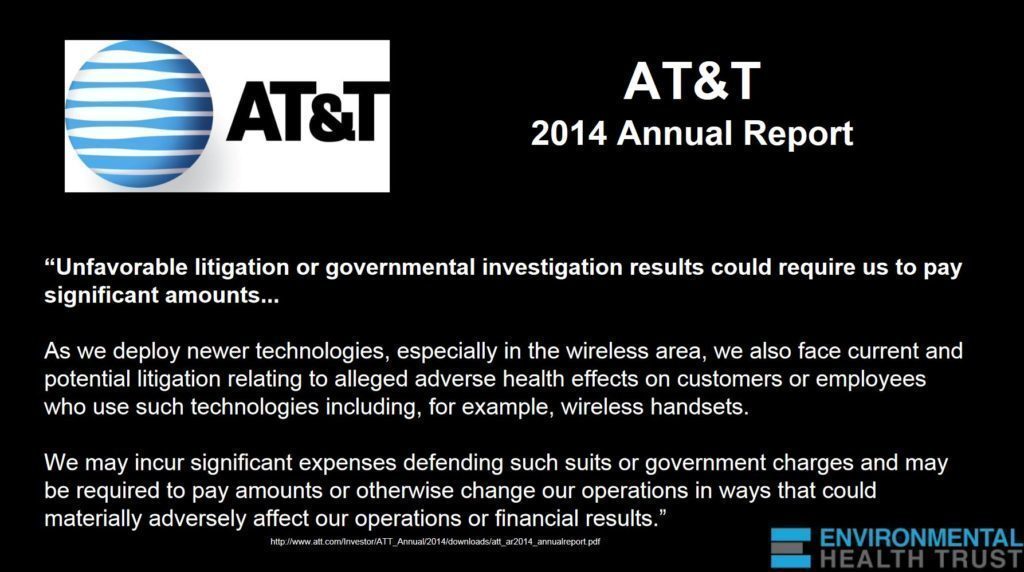 By B.N. Frank
By B.N. Frank
A lawsuit filed against the Federal Communications Commission (FCC) by a group of telecom experts (The Irregulators) confirmed LAST YEAR that overcharging customers has been the norm for decades (see 1, 2, 3). The lawsuit also revealed that Americans have already paid for telecommunications services that millions still haven’t received. Over the years, Irregulator, Bruce Kushnick, has written dozens of articles about this.
Adding insult to injury, the recently implemented Emergency Broadband Benefit (EBB) seems to be benefiting industry at the expense of Americans as well (see 1, 2, 3, 4, 5).
Of course, legislators are no strangers to Big Telecom and Big Cable donations and influence. So why would a CEO be worried about renewed efforts to fund municipal broadband?
From Ars Technica:
AT&T lobbyists eye another victory —
AT&T CEO seems confident industry can kill Biden’s municipal broadband plan
CEO thinks US will keep giving billions to private ISPs instead of public networks.
AT&T CEO John Stankey yesterday called President Biden’s plan to fund municipal broadband networks “misguided” and said the US shouldn’t pay for any broadband deployment in areas that already have networks. But as AT&T and other ISPs lobby against public networks and government-funded competition, Stankey said he is confident that Congress will steer legislation in the more “pragmatic” direction that AT&T favors.
In an interview with The Economic Club of Washington, DC, (video), Stankey was asked, “Do you support the president’s proposal to have municipalities own broadband facilities?” Stankey responded, “I think actually the president’s proposal is probably a bit misguided in that regard.”
“It would be a shame that we take taxpayer money or ask local governments to go into a business that they don’t run today,” Stankey said. “You know, their job is to deliver water, patch streets, things like that, not be in a capital-intensive technology business that requires constant refresh and constant management.”
AT&T and other private ISPs have taken billions from the government to deploy incremental upgrades in rural areas over the years, and they don’t want public networks getting any of the cash they’re accustomed to receiving. Stankey claimed there isn’t much of a broadband problem to be solved, as networks “functioned incredibly well for the vast majority of citizens in the United States” during the pandemic. “Why would we want to go overbuild in areas where there’s already great infrastructure?” Stankey said, saying that would be a “waste” of subsidy dollars.
AT&T thinks 10Mbps uploads are enough
Of course, Stankey’s definition of “great infrastructure” would disappoint many Internet users. AT&T has fought proposals to subsidize fiber-to-the-home deployment across the US, arguing that rural people don’t need fiber and should be satisfied with Internet service that provides only 10Mbps upload speeds. Meanwhile, tens of millions of Americans lack modern broadband access, and a new study pushes back against industry claims that networks performed smoothly during the pandemic.
“Despite reports that the Internet handled the surge in traffic well, we find that complaints about Internet speed nearly tripled, and performance was degraded,” the study by Carnegie Mellon University researchers said. “Downstream data rates changed little, but median upstream data rates at midday dropped by about a third.”
Stankey yesterday said that government money for broadband should be used only for “getting somebody on the Internet who doesn’t have facilities and access” and for subsidies that pay the monthly bills of people who can’t afford service. Such an approach would help AT&T avoid competition and get more money by selling its existing services to customers who qualify for subsidies like the ongoing Emergency Broadband Benefit, which AT&T doesn’t even accept on all of its service plans. Although AT&T is expanding fiber access in metro areas this year, the company is not extending fiber to homes in most of its 21-state copper territory, and it intends to replace many of those copper lines with wireless service instead of fiber.
AT&T lobbyists always exert influence over telecom policymaking, and Stankey did not seem worried about Congress approving the portions of Biden’s plan that AT&T dislikes. “I don’t believe that policy is really practical and I actually believe that most policymakers that are in the sausage-making right now are seeing that and are probably steering this in a more pragmatic direction, in my view,” he said.
The Federal Communications Commission (FCC) is supposed to protect Americans from the telecom and cable industries. The agency has instead catered to these industries for decades (see 1, 2). Various lawsuits have been filed against it because of this including about controversial 5G technology (see 1, 2, 3, 4, 5, 6, 7, 8). Opposition to 5G is worldwide.
Activist Post reports regularly about The FCC, Big Cable, Big Telecom, 5G and other unsafe technology. For more information visit our archives.
- Americans for Responsible Technology
- Wireless Information Network
- 5GCrisis
- 5GFree
- 5G Information
- WhatIs5G.info
- 5G Space Appeal
- Stop 5G International
- Environmental Health Trust
- Physicians for Safe Technology
Become a Patron!
Or support us at SubscribeStar
Donate cryptocurrency HERE
Subscribe to Activist Post for truth, peace, and freedom news. Follow us on Telegram, SoMee, HIVE, Flote, Minds, MeWe, Twitter, Gab, Ruqqus and What Really Happened.
Provide, Protect and Profit from what’s coming! Get a free issue of Counter Markets today.